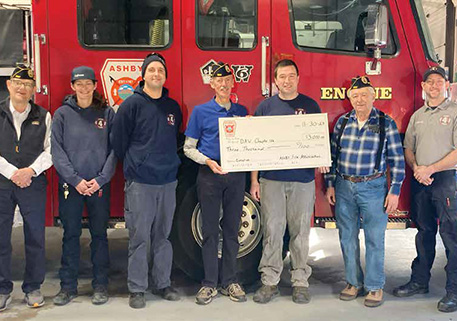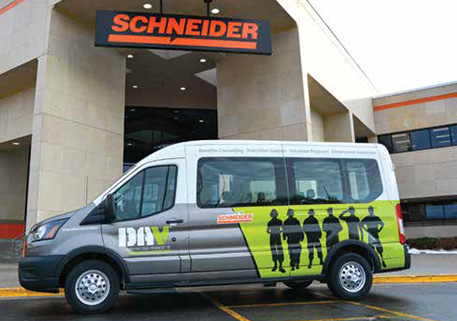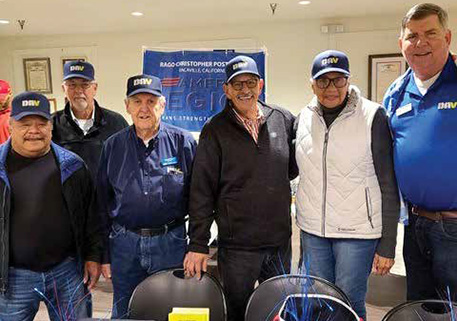Draft bill will allow veterans’ appeals processes be more fair, timely and accurate; now it needs to pass in the Senate
Over the past six years, DAV and other veterans’ service organizations (VSOs) have worked closely with the Department of Veterans Affairs to dramatically reduce the backlog of veterans’ claims for benefits by more than 85 percent. While this progress has allowed veterans to receive initial claims decisions more quickly, the number of appeals of unsatisfactory decisions has grown to over 450,000 and can take up to six years on average for a final decision by the Board of Veterans’ Appeals (Board).
The rising appeals backlog is partly due to more claims processing—almost 1.4 million this year—by the Veterans Benefits Administration (VBA) and partly due to a lack of resources, technology and modern processes at the Board. Last year, DAV and other VSOs joined together with VBA and the Board to develop a new framework for reforming and modernizing the appeals system.
“It was becoming clear that as we began to eliminate the backlog of claims, an equally troubling backlog of appeals was growing,” said DAV National Service Director Jim Marszalek. “With appeals of claims remaining steady at a 10-percent rate, the undermanned and outdated appeals system was unable to keep pace.”
In fulfillment of DAV’s legislative agenda, appeals reform legislation based on the new framework was introduced in the 114th Congress late last year, but was unable to pass both the House and Senate. DAV worked with the VBA, the Board and Congress to reintroduce an enhanced version of the legislation earlier this year.
“The critical core of the new appeals system provides veterans with multiple options to challenge unfavorable decisions, introduce new evidence at both VBA and the Board, and protect their earliest effective dates,” said Marszalek before the House Veterans’ Affairs Committee on May 2. “[I’m] confident that [the] legislation, with the additional improvements recommended by DAV and others, could provide veterans with quicker and often more favorable outcomes, while fully protecting their due process rights.”
Within weeks of Marszalek’s testimony, the House unanimously approved the Veterans Appeals Improvement and Modernization Act of 2017 (H.R. 2288), which embodies the new appeals framework. The Senate Veterans’ Affairs Committee held its own hearing on appeals reform legislation (S. 1024) in May.
“We’re finally seeing significant action and momentum on appeals reform from both sides of Capitol Hill,” said DAV National Legislative Director Joy Ilem. “With overwhelming support in the House, it’s time for the Senate to complete its work, pass the bill, and get it to the president to sign so veterans can begin receiving more timely and accurate decisions on their claims and appeals.”






